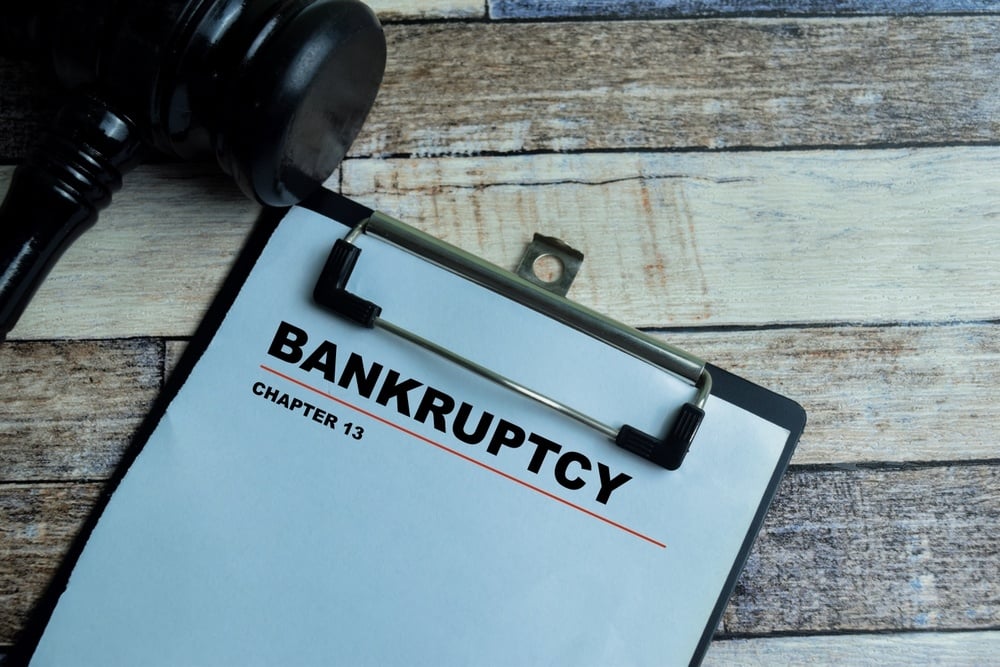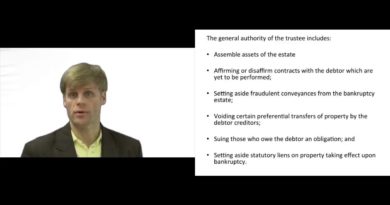CHAPTER 13 BANKRUPTCY ELIGIBILITY
U.S.C. §109(e) governs an individual’s eligibility to file a case under Chapter 13 of the Bankruptcy Code. Only an individual with regular income that owes, on the date of the filing of the petition, less than $2,750,000 may be a debtor under chapter 13 of this title.
In determining whether a debtor is eligible to be a debtor under Chapter 13, courts are directed to rely primarily upon the debtor’s schedules. The debtor’s schedules are the natural starting point for the eligibility inquiry, but the court is allowed discretion when determining the debts on the “date of filing”. Parties need to know the debtor’s eligibility early in the case.
The court can also review the debtor’s schedules verifying only the debtor’s schedules were filed in good faith, on the theory section 109(e) considers debts as they exist at the time of filing, not after a hearing or other post-petition event. The court is not obligated to accept the debtor’s schedules blindly, but nor should the court solely accept the creditor’s characterization of the claim. The court needs to balance the reliability of the debtor’s schedules and the creditor’s characterization of the claim to decide on the amount the debtor owes on the filing date.
Only noncontingent, liquidated debts on the filing date are included in the $2,750,000 debt limit. In deciding whether a claim is noncontingent and counted toward the debt limit, the general rule is that if the debt does not come into existence until a future event, the debt is contingent. A debt must also be liquidated to count toward the debt limit. Generally, a debt is liquidated if the amount is readily and precisely determinable. For example, a cause action against the debtor for personal injuries would be an unliquidated claim and not counted toward the debt limit.
Call Now For A Free Strategy Session With A MN Bankruptcy Lawyer
Not all debtors are eligible for a Chapter 13 bankruptcy filing. The amount of the debtor’s debt on the date of filing impacts the debtor’s eligibility to file. Contact the attorneys at LifeBackLaw and see us at www.LifeBackLaw.com and let us help you get your life back.






